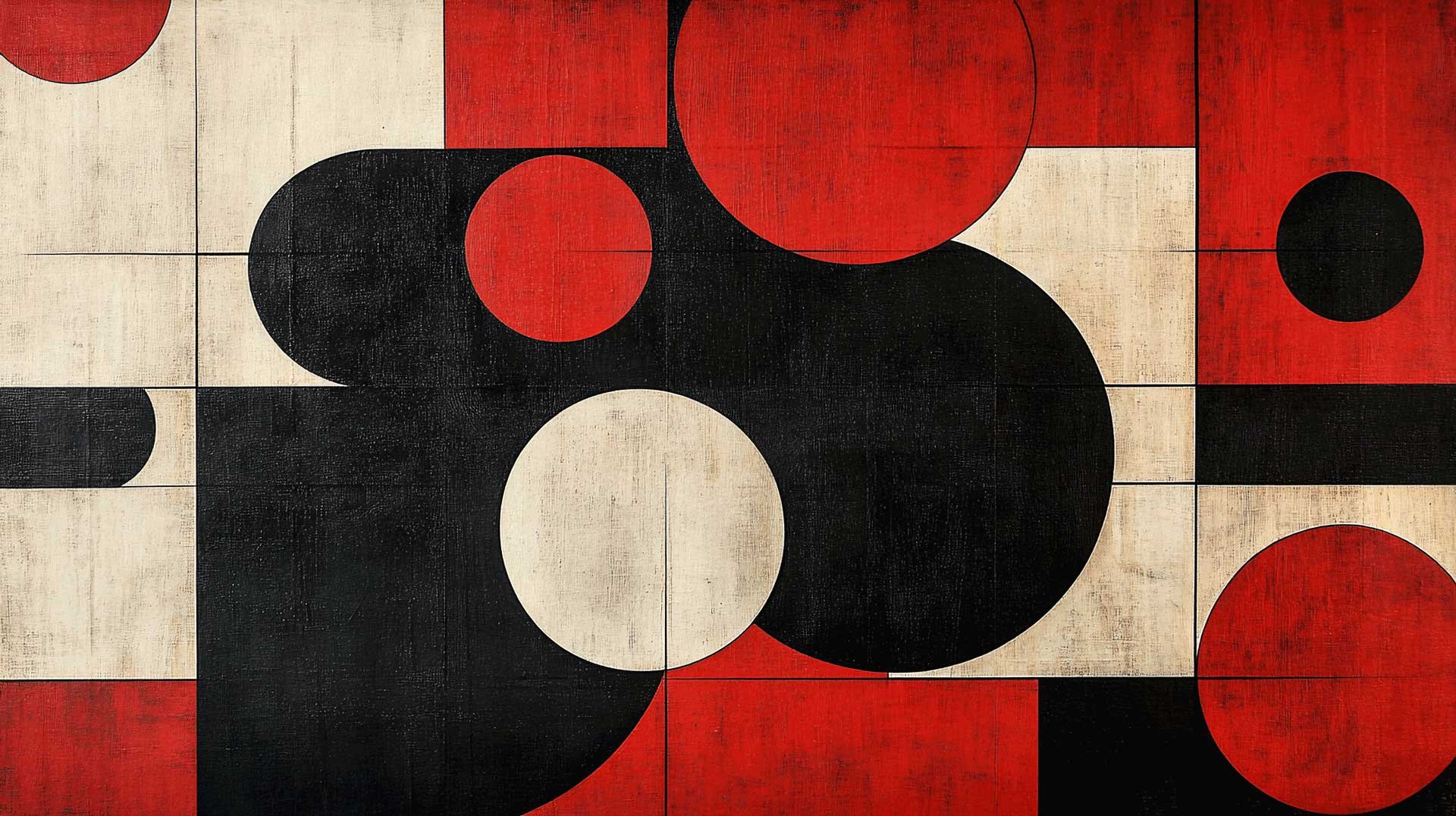NEW YORK CENTER FOR JUNGIAN STUDIES PRESENTS
THE PITFALLS OF PERFECTION
DENNIS PATRICK SLATTERY
JAMES HOLLIS
Ann belford ulanov
MORGAN STEBBINS
TINA STROMSTED
July 20-24, 2025
Weeklong Live Online Seminar
There is an old adage that the perfect is the enemy of the good, meaning that striving for perfection is striving for the impossible — a sure path to disappointment or even failure. In this regard, one could say that it is grandiose to want to be perfect. This is hubris on a grand scale. In the Hebrew Bible, even God is not perfect, with examples in Genesis ranging from God destroying the world and starting over again — as in the legend of Noah — to regretting that mankind spoke one common language as evidenced in the myth of the Tower of Babel. In any case, perfection is always relative. For most of us, when is something being “good enough” is a better question to ask of ourselves than why am I not perfect?
There are multiple dangers in the focus on perfection. Setting unrealistic goals and striving to be perfect is a surefire strategy to foster guilt, shame, self-hatred and a sense of personal inadequacy, which can lead to addiction among other maladaptive issues. We may see this manifested as an eating disorder, excessive exercise, or compulsive shopping, gambling, drinking, smoking, and even internet use. Additionally, striving for perfection can block creativity and warp our imagination. It blunts compassion by first inducing self-hatred when we cannot meet our own aims and then turns outward to become callousness toward others. It is important to understand that striving for perfection is also a form of wanting to control our lives, our environment, and those around us. To accept our imperfection means we are human and therefore accept that there is a certain amount of uncertainty in life.
According to Jung, perfection is not considered a desirable goal as it can hinder the true aim of achieving wholeness, which embraces both positive and negative aspects of the self. In striving for perfection, we split off the shadow, fostering either optimism or inferiority and inadequacy. As Jung pointed out, “perfection belongs to the Gods; the best we can hope for is excellence.” He emphasizes that life calls on us to strive for wholeness, not perfection.
These are questions we must grapple with on our path to what Jung calls Individuation. It is a tricky path to walk, and we must all find our way in order to achieve the balance necessary to achieve this wholeness. We hope you will join us to explore these ideas with leading analysts and authors as you find your footing on this path of individuation.

